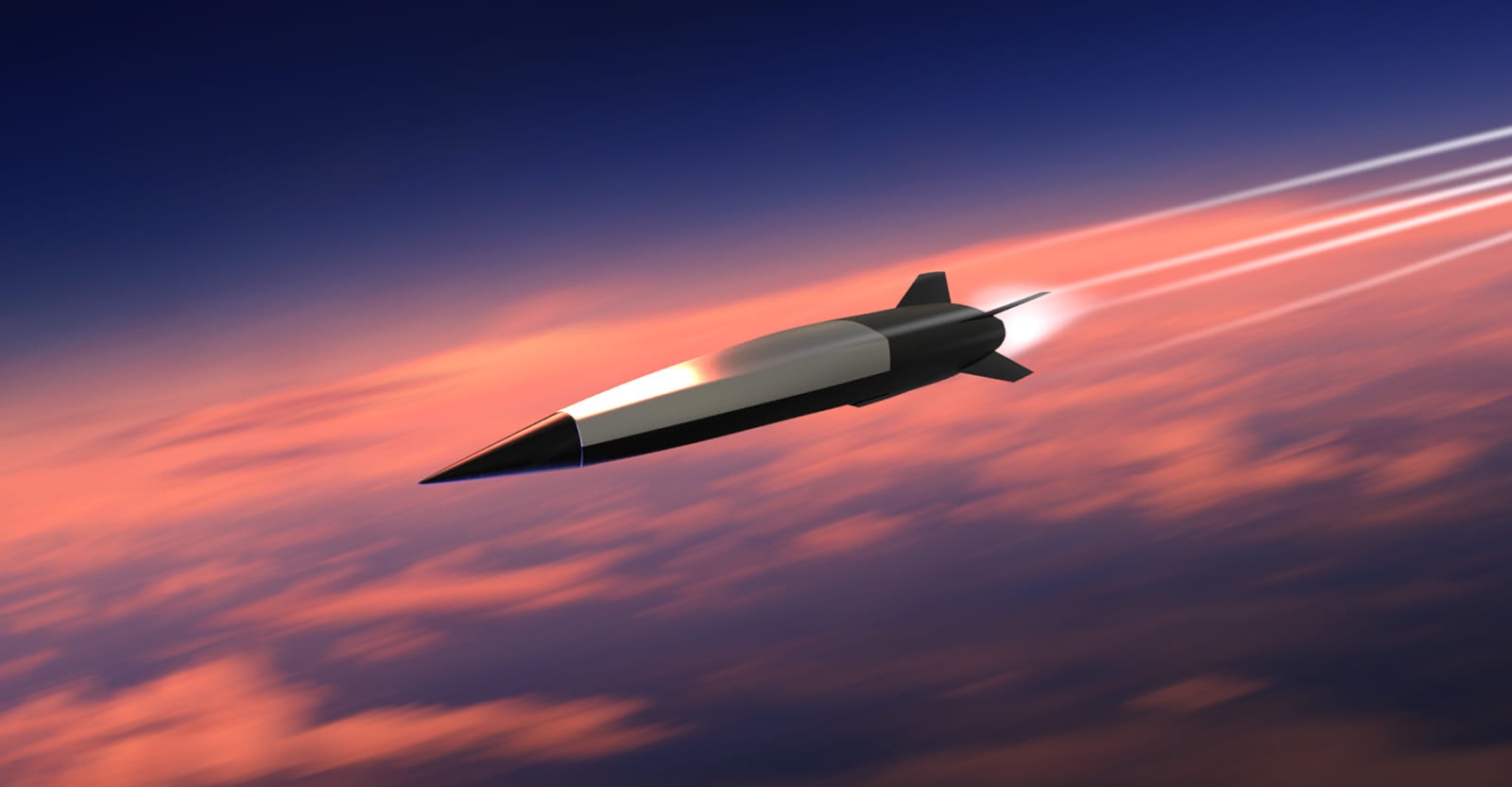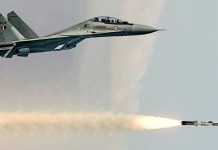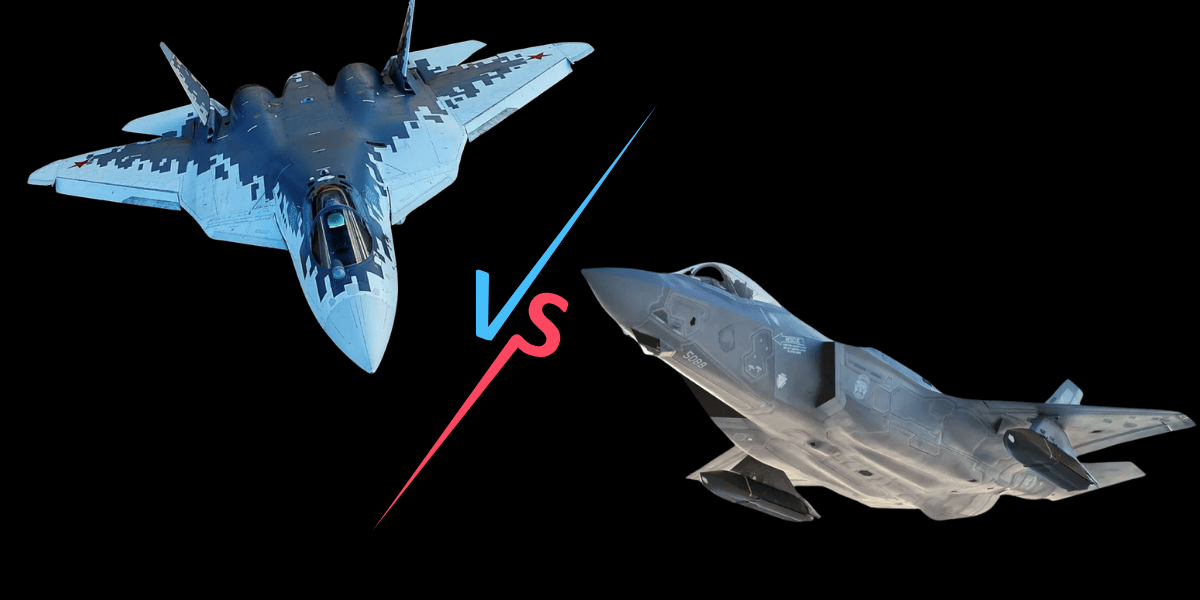With hypersonic competition heating up, the Royal Australian Air Force (RAAF) is preparing to arm its Boeing F/A-18F Super Hornets with the Hypersonic Attack Cruise Missile (HACM) for a series of scheduled tests in Australia.
According to the Department of Defence (DoD) in Canberra, Australia’s contribution to the project may also include the incorporation of HACM all-up rounds (AURs) into the aircraft, Janes reported.
A DoD spokesperson informed Janes: “Through the SCIFiRE agreement, the US and Australia continue to collaborate on HACM design and development, including efforts to integrate HACM on RAAF F/A-18F Super Hornets and using Australian test infrastructure for flight tests.”
The US Government Accountability Office (GAO) released its annual report on major US military programs last month. The report included new information regarding the test plan and other parts of the HACM program. Raytheon and Northrop Grumman have worked together to develop HACM under contract with the Air Force since 2022.
GAO stated that “test range availability and limitations,” which “have been an issue for hypersonic programs” in general, are the primary reason for deploying RAAF Super Hornets to assist in the testing of HACM. According to the watchdog, the flight testing is scheduled to start in October of this year and end in March of 2027.
The Australian Department of Defence (DoD) stated that Australia’s involvement in the project could also involve integrating HACM all-up rounds (AURs) into the aircraft. The HACM is associated with a US-Australian collaboration designed to help Australia develop its own air-launched hypersonic cruise missile capability as part of the joint Southern Cross Integrated Flight Research Experiment (SCIFiRE) initiative.
Australia’s interest in hypersonic weapons is mainly due to “rival” China, which has taken a big lead in this department. Due to their high speeds and unpredictable paths, hypersonic weapons are believed to be extremely maneuverable. They can possibly evade air defense systems, making them nearly invincible.
In 2022, Australia inaugurated a new $9.8 million facility in Brisbane aimed at the research and advancement of hypersonics. This facility would help Australia and other countries “develop and characterize sovereign hypersonic technologies and generate ‘true’ hypersonic flight conditions at large scale in a classified laboratory.”

For almost 15 years, Australia and the United States have collaborated on hypersonic research projects. In 2017, they concluded the Hypersonic International Flight Research Experimentation, known as HiFiRE, which marked the end of a decade-long secret project. Throughout this program, they conducted multiple flight tests and explored possible designs for high-speed weapons and subsystems.
The two countries started a follow-up project known as the Southern Cross Integrated Flight Research Experiment, or SCIFiRE, in 2020. The program’s goal was to create a Mach 5 precision strike missile that could be carried by a tactical fighter aircraft and run on an air-breathing scramjet engine. The US is leveraging the capability derived from this collaboration.
The Upcoming Hypersonic Attack Cruise Missile
The US is developing HACM, a tactical hypersonic weapon for long-range missions. According to the US Air Force (USAF), it is meant to strike high-value targets in contested circumstances and launched from fighters and bomber aircraft.
Australia and the US commissioned Lockheed Martin, Boeing, and Raytheon to create HACM systems and forward them to preliminary design review through the SCIFiRE program. After a competitive review of the designs, Raytheon was chosen to construct HACM for the US Air Force in 2022.
Earlier, the US indicated that the HACM would be equipped on the F-15E Strike Eagle aircraft and the B-52H strategic bomber. However, the integration of this missile on an Australian F/A-18 E/F Super Hornet requires some upgrades and enhancements, especially with the pylon.
The mounting of hypersonic weapons on the RAAF Super Hornet comes months after the service announced life extension upgrades for the aircraft. In the long term, a Super Hornet equipped with cutting-edge hypersonic weapons would be a force to reckon with.
Not all of the new weapons being researched could be used on Australia’s F/A-18Fs, including HACM. The US Navy F/A-18E/F Super Hornets have been seen carrying air-launched SM-6 missiles, known as AIM-174Bs, during this year’s Rim of the Pacific (RIMPAC) exercise.
It is unclear when the RAAF and US Air Force will start deploying HACMs and/or similar missiles created under SCIFiRE. The US Air Force has set a target of having at least a limited operational capability with HACM by 2027. However, the latest GAO report stated the possibility that this schedule may be delayed, especially because the developmental flight testing is only scheduled to end in March of that year.

While the HACM’s specific features are lacking, the GAO study stated that the missile consists of two stages: a scramjet cruiser that finally separates from the booster and dives toward its target and a rocket booster. The exact speed of the missile is not known.
After the US abandoned the AGM-183A Air-launched Rapid Response Weapon (ARRW), US hypersonic effort focused on the HACM, which aims to create a smaller, less expensive cruise missile based on air-breathing propulsion technology.
Appearing before the US House Appropriations Committee on March 28, US Air Force Secretary Frank Kendall said, “We’re more committed to the HACM at this point than we are to ARRW.”
In its fiscal year (FY) 2025 budget request, the US Air Force (USAF) requested just under USD 517 million to continue developing Raytheon’s Hypersonic Attack Cruise Missile (HACM) hypersonic air-breathing missile. The funding request for FY 2025 is different from the one for FY 2024, which called for USD 350 million for HACM.
The development of hypersonic weapons is a key priority for the US, especially in light of China’s and Russia’s advancements. Beijing and Moscow are the only countries with operational hypersonic weapons. In contrast, the US is still playing catch up.
Hypersonic weapons are vital for victory in future confrontations, especially high-end ones like the one in the Pacific against China, as US Air Force and Australian officials have stated. HACM and other air-breathing hypersonic cruise missiles provide a means of striking targets fast, even at long range, especially time-sensitive ones.
- Contact the author at sakshi.tiwari9555 (at) gmail.com
- Follow EurAsian Times on Google News




